১০ ফাল্গুন ১৪৩২
Bangladeshi Women’s Unpaid Work Worth Tk 5.7 Trillion: BBS
09 September 2025 18:09 PM
NEWS DESK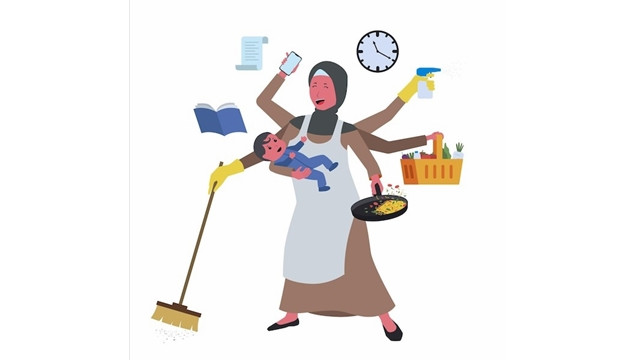
Despite their vital contributions to household and caregiving responsibilities, women in Bangladesh continue to perform a vast amount of unpaid labor that has long remained invisible in the country’s economic statistics. However, new data sheds light on the substantial monetary value of this overlooked work.
The Bangladesh Bureau of Statistics (BBS) has released its Household Production Satellite Account (HPSA) report, estimating that the annual monetary value of unpaid work performed by women—including both household chores and caregiving—is approximately Tk 5.7 trillion (Tk 5,70,000 crore). The report was officially presented today during an event at the BBS auditorium in Agargaon, Dhaka.
According to BBS figures, women’s unpaid household work accounts for Tk 3.4 trillion (Tk 3,40,000 crore) annually, while unpaid caregiving activities—such as taking care of children, the elderly, and the sick—are valued at Tk 2.3 trillion (Tk 2,30,000 crore). Collectively, the total financial worth of unpaid labor by both men and women stands at Tk 6.7 trillion (Tk 6,70,000 crore) per year.
This latest estimation aligns with previous findings. A 2021 study by the Bangladesh Institute of Development Studies (BIDS) valued women's unpaid household and caregiving work at Tk 5.3 trillion (Tk 5,30,700 crore), equivalent to 14.8% of the country's Gross Domestic Product (GDP) at the time.
Experts say this new data brings long-overdue recognition to the critical, yet unaccounted-for, labor that sustains households and the economy at large. Tasks such as cooking, cleaning, laundry, and caregiving have traditionally been seen as part of women's domestic roles, with no financial compensation or official acknowledgement.
“For decades, these essential services—on which both families and society rely—have been absent from our national economic indicators,” said an official at the BBS event. “This report is a step toward making women’s invisible labor visible.”
The publication of the HPSA is expected to inform future policy-making, particularly in recognizing unpaid care work in national planning and social protection programs.





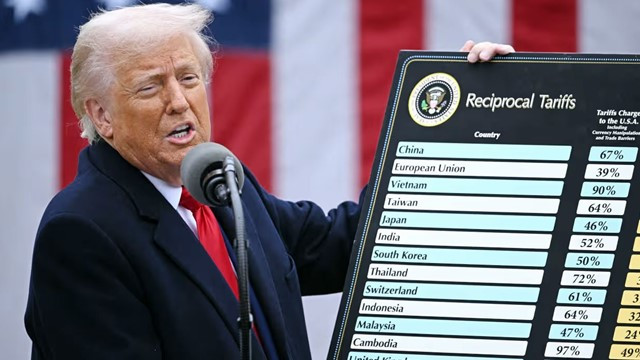
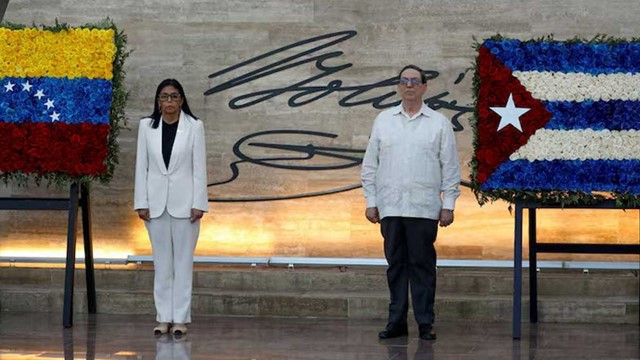








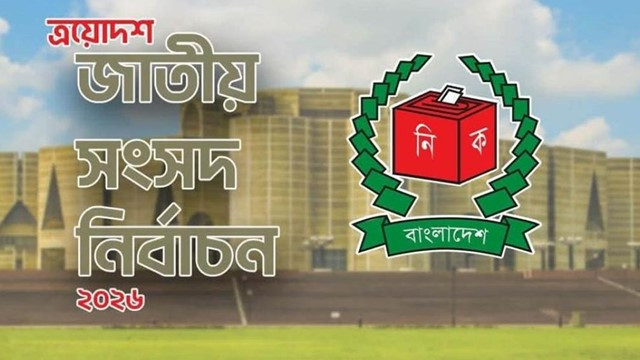
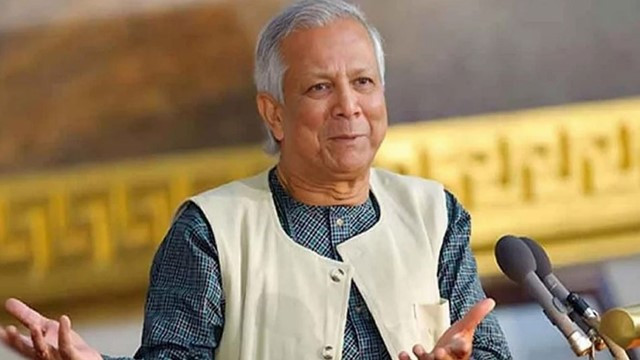
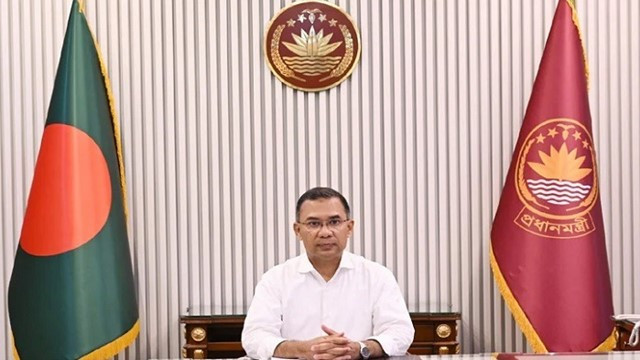

Comments Here: